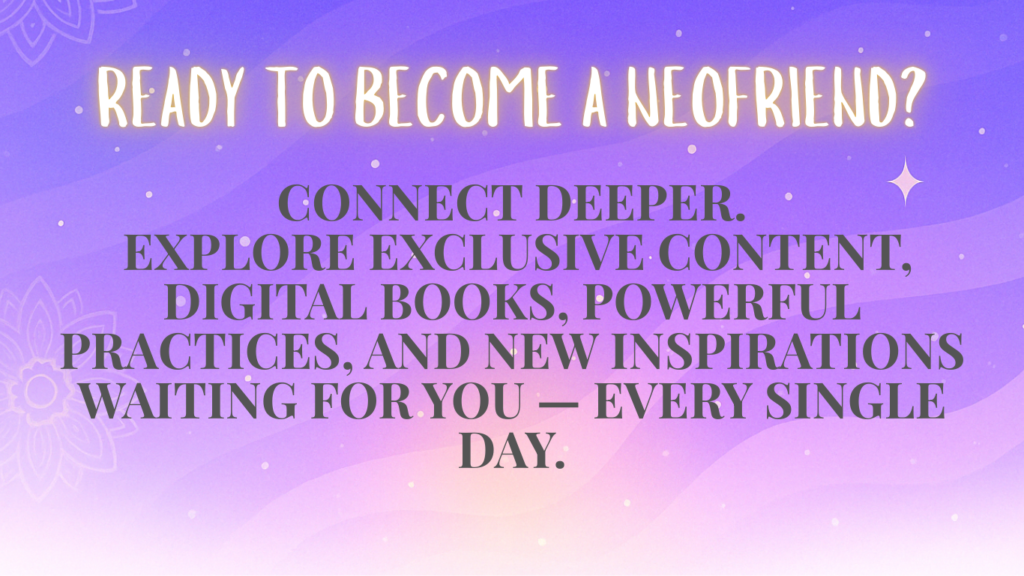
The Transformative Power of Silence: Inside a Vipassana Workshop.
Have you ever wondered what it would be like to step away from the noise of daily life, the endless stream of conversations, distractions, and information? Imagine experiencing complete silence for ten days, with nothing but your thoughts, breath, and bodily sensations as your companions. This is exactly what a Vipassana workshop offers—an experience designed to explore the deep workings of the mind and transform the way we perceive ourselves and the world around us. The transformative power of silence and Vipassana is truly profound.
In this article, I will take you on a journey through a Vipassana silence workshop, what happens during these intense days of meditation, and how this practice impacts both the body and the mind. Whether you’re curious about meditation or considering attending a workshop yourself, this experiential monologue will give you insight into the powerful and life-changing nature of Vipassana.
What is Vipassana?
Vipassana, which means “seeing things as they really are,” is one of the oldest forms of meditation. It was rediscovered by Siddhartha Gautama, also known as the Buddha, over 2,500 years ago and has been preserved in its pure form ever since. Unlike many forms of meditation that focus on relaxation or guided imagery, Vipassana is a self-observation technique that teaches individuals to observe their own bodily sensations and thoughts without attachment or judgment.
But Vipassana is more than just a technique; it’s a tool for deep transformation. By observing ourselves at the most fundamental levels—our breath and bodily sensations—we learn how to break the cycle of habitual reactions that cause us suffering.
What Happens at a Vipassana Workshop?
The first thing you’ll notice when arriving at a Vipassana workshop is the intense focus on silence. From the moment you arrive, there is a commitment to “Noble Silence.” This means no talking, no eye contact, no gestures, and no communication of any kind with others. The goal of silence is to encourage introspection and to remove all distractions that prevent us from going deep into ourselves.
Here’s what happens during a typical 10-day Vipassana silence workshop.
1. Noble Silence.
Noble Silence goes beyond just refraining from speaking. It means silencing the mind, removing all external stimuli that can distract you from your inner journey. No phones, books, or writing materials are allowed. It’s just you and your mind. In the beginning, this silence feels strange, even difficult. We are so used to constant noise and stimulation that we feel uncomfortable without it. But as the days go by, the silence becomes your ally—it allows you to dive deeper into your inner self, free from distractions.
2. Strict Schedule.
A typical day in a Vipassana workshop starts as early as 4:00 AM. Yes, it’s tough! But the strict schedule is key to maintaining discipline and focus. Each day includes about 10 hours of meditation, with short breaks for meals and rest. This is what a typical day looks like:
- Morning Meditation: The day begins at 4:30 AM with meditation, either in the main hall or your room. The first few days focus solely on Anapana meditation, where you observe the natural flow of your breath.
- Group Meditations: There are multiple sessions where everyone meditates together, reinforcing a collective energy of focus and discipline.
- Meals: Simple, vegetarian meals are provided. The practice of mindful eating, paying attention to each bite, aligns with the meditation practice itself.
- Dhamma Talks: Every evening, you listen to a recorded lecture by S.N. Goenka, the teacher who popularized this form of Vipassana worldwide. His talks explain the philosophy behind the practice and its application in daily life.
3. Anapana and Vipassana Techniques.
The first few days of the retreat are dedicated to Anapana meditation, which involves focusing solely on the breath. This helps train the mind to become concentrated and aware. It may sound simple, but in practice, you’ll notice how quickly your mind gets distracted. Anapana serves as a warm-up, preparing your mind for the deeper work of Vipassana.
On the fourth day, the real Vipassana begins. This technique requires observing bodily sensations in a detached way. It’s challenging—at times uncomfortable—but it’s deeply transformative. You sit in stillness, paying attention to every sensation in your body, from a slight itch to a deep ache, and you simply observe without reacting. The idea is to break the habit of reacting to discomfort or pleasure, allowing you to understand that all sensations, and by extension all experiences, are temporary.
The Transformative Power of Silence: How Silence and Vipassana Affect the Body.
One of the most powerful aspects of the Vipassana workshop is the way it connects the mind and body through silence. Here’s how the practice affects your physical being:
1. Posture and Body Awareness.
Sitting in meditation for long hours requires a great deal of physical discipline. At first, your back aches, your legs cramp, and it feels impossible to sit still. But over time, you become more aware of your body’s natural alignment. You learn to sit with proper posture, and with this newfound body awareness, discomfort begins to fade. Your body becomes more in tune with the present moment.
2. Detoxification and Healing.
Vipassana retreats often include simple, clean vegetarian meals, which help the body detoxify. Without heavy, processed foods, your body feels lighter. The silence and meditation also act as a form of mental detox. You aren’t bombarded with outside stimuli, which gives your nervous system a chance to rest and recover. Participants often report improved digestion, better sleep, and a sense of overall physical wellness by the end of the workshop.
How Silence and Vipassana Affect the Mind.
The effect of silence on the mind is perhaps even more profound than its effect on the body. Here’s how:
1. Mental Clarity.
At first, silence can make the mind feel noisier than ever. The constant chatter of thoughts becomes more noticeable without the distractions of conversation or technology. But over the days, as you continue meditating and observing your breath and sensations, that mental noise quiets down. You start to notice patterns in your thinking—old habits of worry, anger, and craving. Vipassana teaches you to observe these mental patterns without reacting, helping to cultivate mental clarity.
2. Emotional Balance.
Through Vipassana, you learn how to deal with emotions in a healthier way. Instead of reacting to anger, sadness, or fear, you observe these feelings as they arise and fall, just like bodily sensations. You realize that emotions, like everything else, are temporary. This understanding creates a deep sense of emotional balance, helping you handle stress and challenges with more resilience.
3. Breaking Habitual Reactions.
One of the core teachings of Vipassana is that most of our suffering comes from our automatic reactions to life’s experiences. Whether it’s reacting to discomfort with irritation or chasing after pleasure, these habitual reactions keep us trapped in cycles of craving and aversion. Vipassana helps break this cycle by teaching you to observe without reacting. Over time, this practice cultivates inner peace and frees you from old, unhelpful habits.
The Transformative Power of Silence.
While the practice of Vipassana itself is powerful, the silence plays a key role in the transformation. In our normal lives, we are constantly distracted by noise—whether it’s conversations, social media, or the mental clutter of our daily routines. Silence allows us to cut through this noise and connect with our inner world.
For me, the silence became both a challenge and a gift. At first, it felt unnatural, like something was missing. But after a few days, I began to appreciate it. Without needing to talk or interact with others, I had the space to fully engage with my inner experience. The silence brought clarity, both mentally and emotionally, that I hadn’t experienced before. It felt like my mind had been cleared of clutter, allowing me to see things more clearly and approach life with a new sense of calm and understanding.
Why You Should Try Vipassana.
If you’re looking for a way to truly reset your mind and body, a Vipassana silence workshop is one of the most powerful experiences you can have. It teaches you not just how to meditate, but how to live. You learn to observe without judgment, to detach from fleeting sensations and emotions, and to cultivate inner peace.
The journey is not easy. The silence, the long hours of sitting, and the introspection can feel overwhelming at times. But by the end, the sense of clarity, balance, and freedom you gain is worth every moment of discomfort. It’s an experience that stays with you long after the workshop is over, helping you live a life that is more mindful, peaceful, and in tune with your true self.
Conclusion: The Power of Silence and Vipassana.
The Transformative Power of Silence: Silence and Vipassana offer us something rare in today’s fast-paced, noisy world—a chance to step away from everything and reconnect with ourselves. Through breath and observation, we learn to quiet the mind, heal the body, and find peace in the present moment. If you’re ready to dive deep into self-discovery and transform the way you relate to your thoughts and emotions, then Vipassana might just be the key to unlocking a new level of freedom and awareness.

